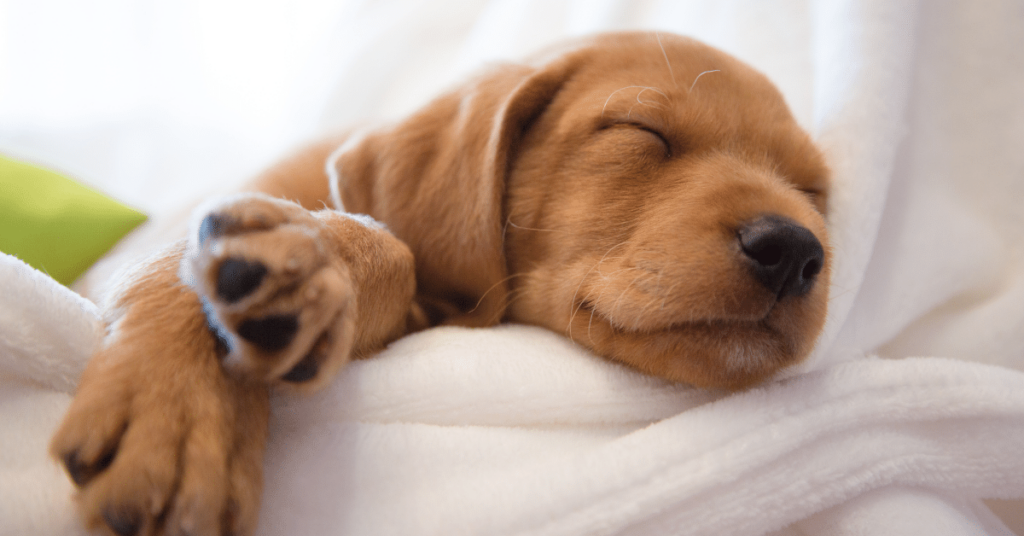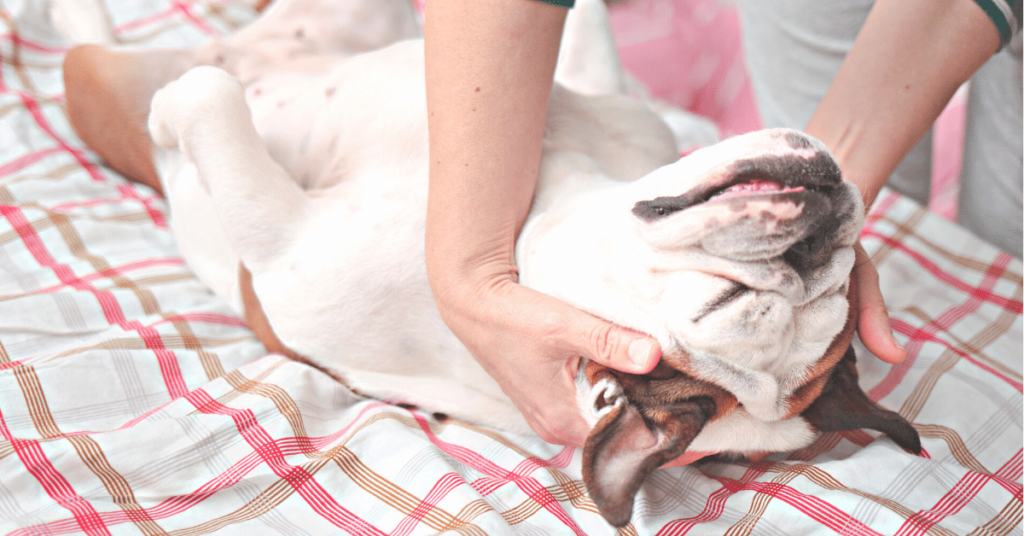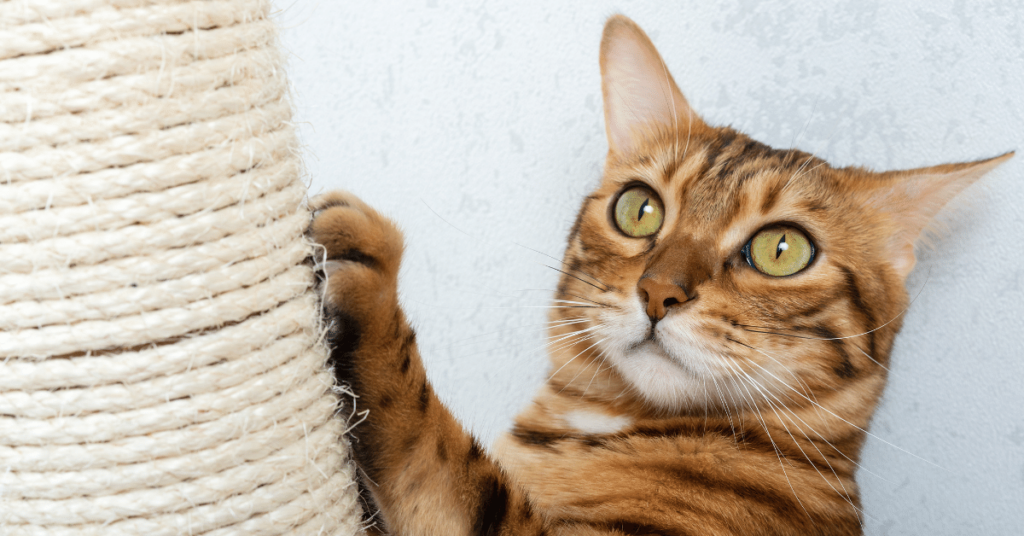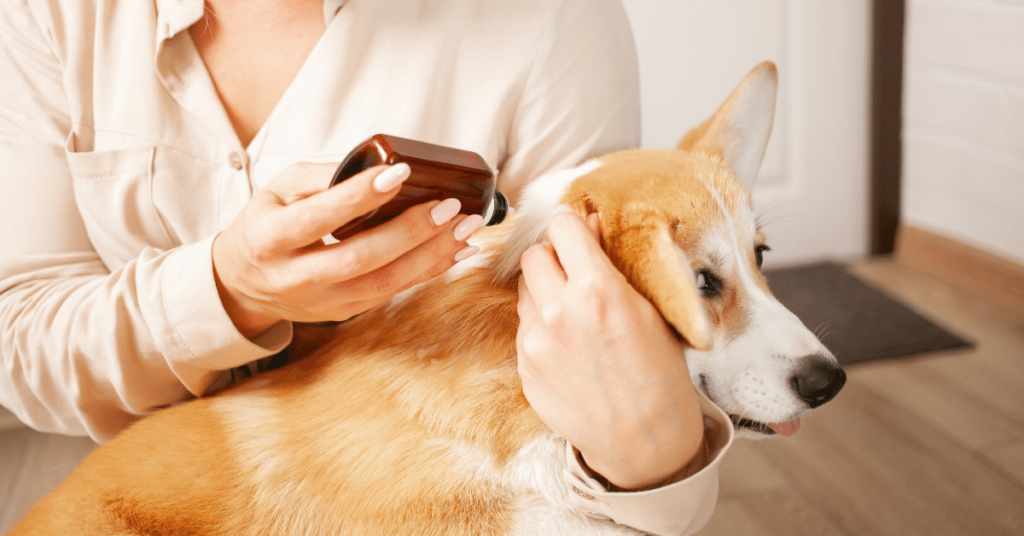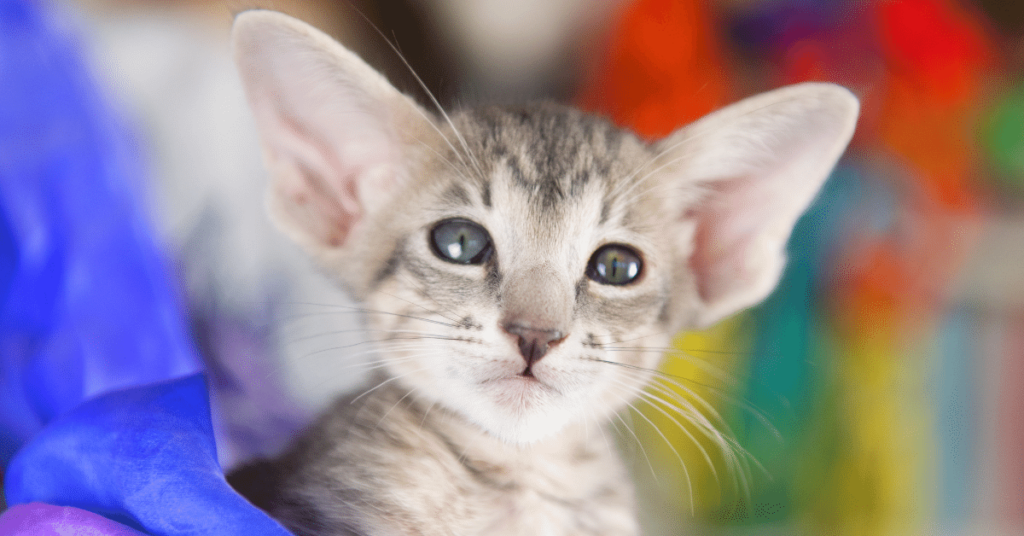Importance of Quality Sleep for Pets
Just like humans, pets need quality sleep to maintain good overall health and well-being. Sleep plays a crucial role in their physical and mental development, helps with memory consolidation, and strengthens their immune system. Inadequate or poor quality sleep can lead to various health issues, including obesity, behavioral problems, and a weakened immune system. As responsible pet owners, it is essential to create a restful environment that promotes quality sleep for our furry friends.
Factors Affecting Pet Sleep
Several factors can affect the sleep quality of our pets. Understanding these factors can help us create a more conducive sleep environment. Here are some key considerations:
1. Comfortable Sleeping Area
Providing a comfortable sleeping area is vital for ensuring quality sleep for your pet. Choose a bed or pet-specific mattress that offers proper support for their body. Consider their size, breed, and any specific conditions they may have, such as arthritis or joint pain. Orthopedic beds can be particularly beneficial for older pets or those with joint issues.
2. Temperature and Ventilation
Pets are sensitive to temperature changes, and extreme heat or cold can disturb their sleep. Ensure that their sleeping area is appropriately insulated and well-ventilated. This will help maintain a comfortable temperature and prevent excessive sweating or shivering during sleep. Additionally, avoid placing their bed in direct sunlight or near drafty areas.
3. Noise Reduction
Just like humans, pets can be disturbed by loud noises, which can disrupt their sleep patterns. Limit any loud noises during their sleeping hours, especially if they are light sleepers. You can use white noise machines or soothing music to mask external sounds and create a more peaceful sleep environment.
4. Darkness and Light Exposure
Light exposure can significantly impact the sleep-wake cycle of pets. Ensure that their sleeping area is adequately darkened during their designated sleep hours. This can be achieved by using curtains or blinds to block out excess light. Conversely, natural light exposure during the day can help regulate their internal clock and promote wakefulness when appropriate.
5. Consistent Sleep Schedule
Establishing a consistent sleep schedule is crucial for pets, as it helps regulate their internal body clock. Try to maintain a regular routine for feeding, exercise, and sleep. Consistency will signal to your pet when it’s time to rest, promoting better sleep patterns and overall quality of sleep.
Creating a Restful Environment
Now that we understand the importance of quality sleep and the factors that affect our pet’s sleep habits let’s explore some additional ways to create a restful environment:
1. Calming Scents and Oils
Aromatherapy can have a calming effect on pets and promote better sleep. Lavender and chamomile scents are known for their relaxing properties. However, it’s important to ensure that the scents are pet-safe and do not overwhelm their senses. Use pet-friendly essential oils or opt for naturally scented bedding or sprays.
2. Bedding and Blankets
Choosing the right bedding and blankets can significantly enhance your pet’s sleep experience. Opt for materials that are gentle on their skin and provide adequate padding. Additionally, consider your pet’s preferences. Some animals may prefer a cozy, enclosed space, while others enjoy more open sleeping arrangements.
3. Calming Music or Noise Machines
Calming music or noise machines can create a soothing atmosphere for your pet, helping them relax and fall asleep easier. There are even specially designed playlists available that cater to pets’ unique auditory preferences. Experiment with different sounds and see what works best for your furry companion.
4. Regular Exercise
Regular exercise is essential for pets to expend their energy and promote better sleep. Engage in activities that are appropriate for your pet’s age, breed, and physical condition. A tired pet is more likely to have a more restful sleep, so make sure to incorporate exercise into their daily routine.
5. Mental Stimulation
In addition to physical exercise, mental stimulation is crucial for pets’ overall well-being and sleep quality. Provide them with interactive toys or puzzles that challenge their cognitive abilities. Mental engagement helps tire them out and contributes to a more peaceful sleep.
Summary
Quality sleep is essential for pets’ overall health and well-being. By understanding the factors that affect their sleep habits and creating a restful environment, we can help our furry friends enjoy better sleep. Consider their comfort, temperature, noise levels, light exposure, and establish a consistent sleep schedule. Additionally, incorporate calming scents, choose suitable bedding, and provide mental and physical stimulation. By prioritizing their sleep, we can ensure that our pets are healthier, happier, and well-rested.

